Have you ever been so unhappy with your hair that the thought of trying to make it look ‘presentable’ consumes 90% of your brain space? You find yourself stressing over why your hair isn’t growing enough? Or why it’s always falling out? Maybe you’ve surpassed the point of stressing. Now you’ve reached the rotten road of regret. You regret the times you relaxed it. You regret not cheating on your no-good hairdresser year ago. Years before you discovered sticking your head in a fridge to numb your scalp after a fresh set of cornrows wasn’t an everyone thing(okay cut the violin). Let’s drop the dramatics an assume you have been scowling the internet for a hairy saving grace lead you to ‘the question’. Does taking vitamins for hair growth actually work?
This question is a lot more popular than you think, particularly in our type 4 hair community. Growing and retaining length requires a consist hair care routine. And, part of that hair care routine involves taking vitamins for hair growth. Vitamins can help aid healthier hair if taken correctly. Lets us show you what vitamins you can take to finally end your mane misery.
Let’s start in alphabetically order shall we? Vitamin A, also known as Retinol, is an antioxidant that helps to enhance new cell growth. Yes new cell growth! Vitamin A promotes the making of sebum which is an oily substances made from your scalps sebaceous glands. This helps to moisturise your scalp and lay the foundation for healthy hair to sprout .
From little strands grow mighty manes!
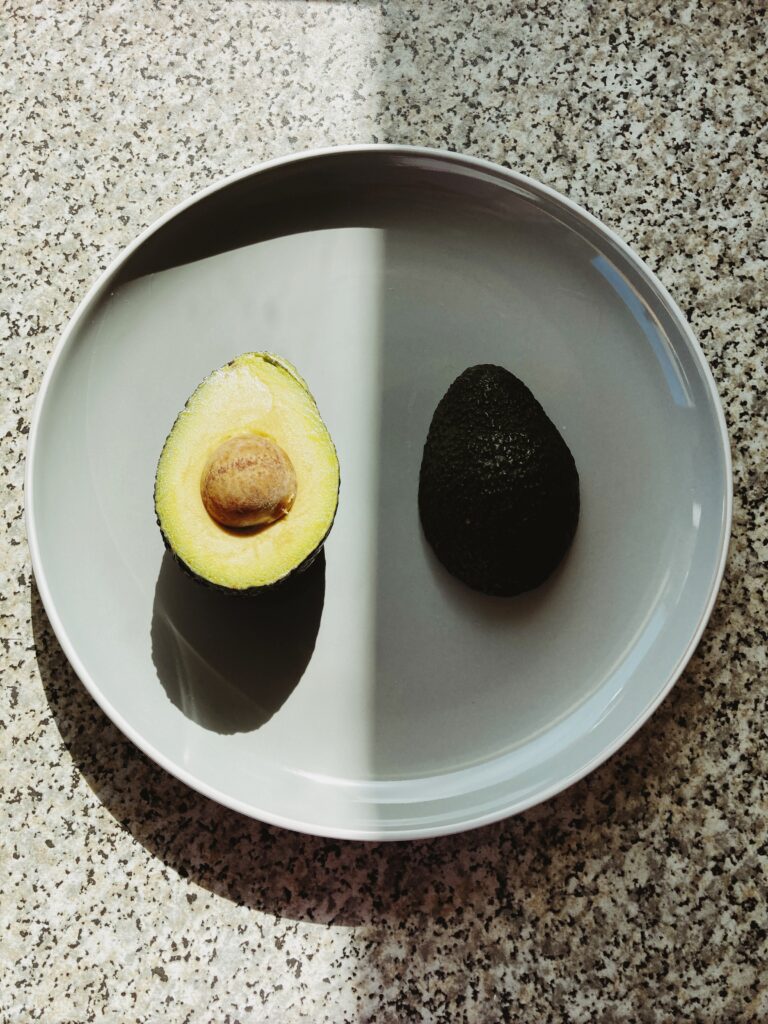
Now it’s important to note, vitamins are dietary supplements not food replacements. Taking supplements without a balanced diet will not give you the thick thriving afro you so wish for. Be responsible with them. And try to include natural sources of these vitamins in your meals during the week.
Too much vitamin A can cause weakening of the bones and potentially leave you fracture prone according Hakan Melhus MD and others in Excessive Dietary Intake of Vitamin A Is Associated withReduced Bone Mineral Density
No more than 1.5mg of vitamin A is advised. If your diet is high in vitamin A avoid supplements with it added.
Vitamin B3 (Niacin) is know for its anti-flammatory agents. But let’s just say it can do a lot more than just decrease scalp inflammation. Vitamin B3 helps to produce healthier hair follicles, protects hair from environmental damage, boost scalp moisture balance, induces keratin production, and improves blood circulation (let me catch my breath).
Blood flow is crucial for your scalp and follicles overall health. Your blood carries plasma which contains oxygen, protein, salt, and water along with red and white blood cells.
A side affect of B3 is flushing (and no, not all side effects are bad). This is when B3 dilates your blood vessels directly – BRILLIANT RIGHT?! This pushes oxygen and nutrients to the areas of your body that need it.
Blood flow = stimulation of the scalp = faster hair growth.
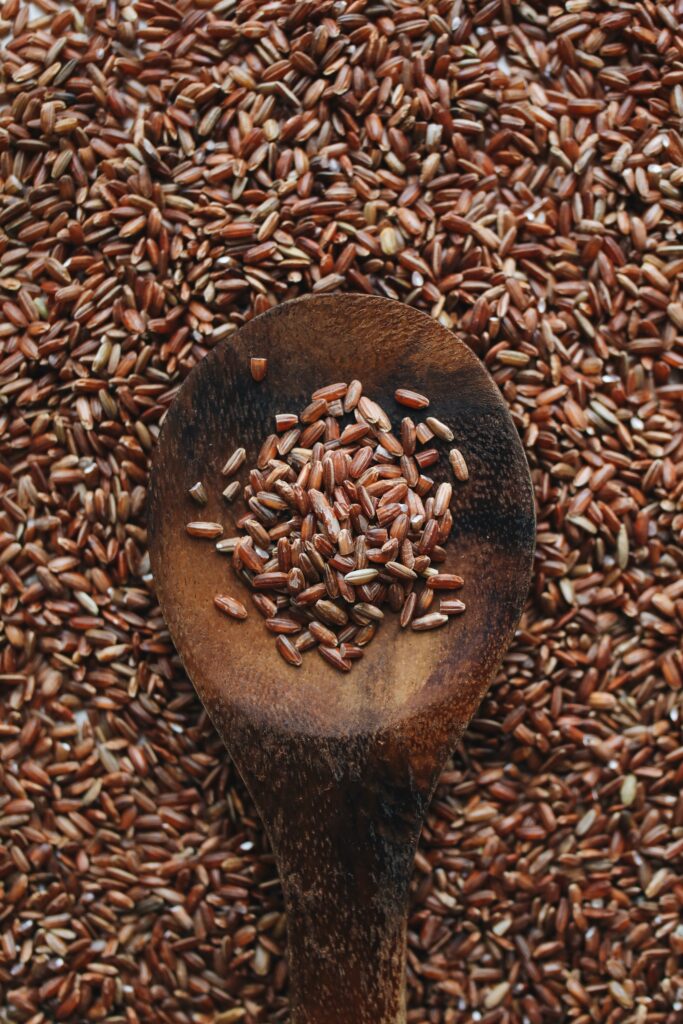
This vitamin is water soluble. B3 is 100% safe to consume, just ensure you are keeping yourself hydrated when taking them by sticking to your daily recommended water intake.
Vitamin B7, biotin, stimulates keratin production in your hair and boosts the rate of your follicle growth. Biotin is commonly advised to people who are hair loss prone as it strengthens strands and retains hair.
Don’t forget to keep hydrated as this too is water soluble!
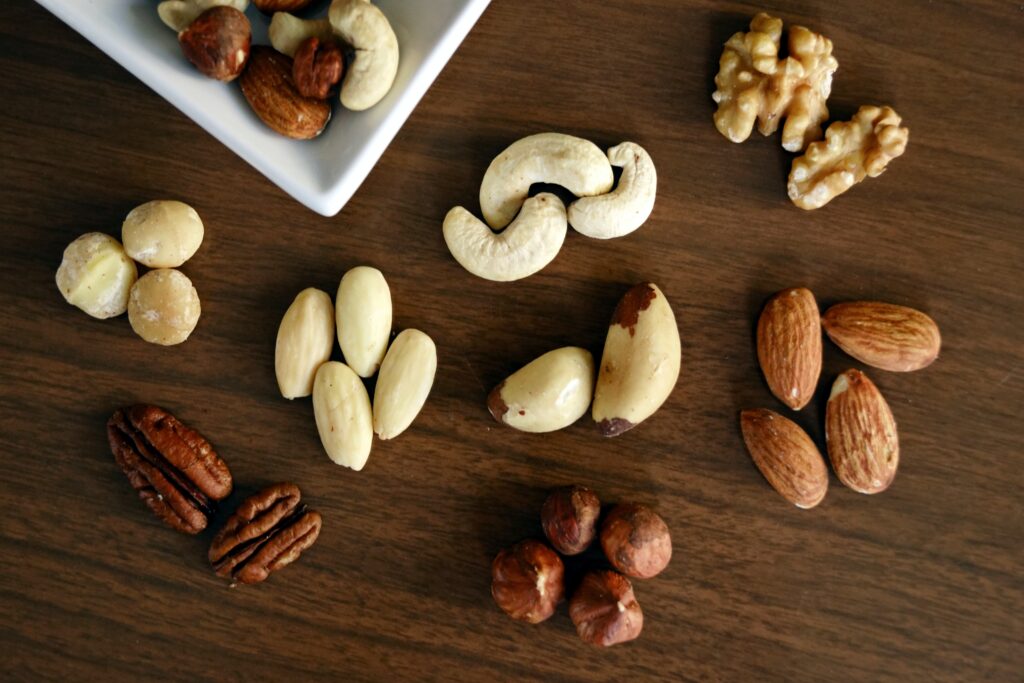
Vitamin C too helps to fight against hair loss and dandruff. It supports the retention of collagen helping to supervise scalp inflammation, the healing of wounds, fights bacterias found on the scalp, and its antiviral properties will relieve a dry and itchy scalp. Win win right?

When vitamin D3 is low the keratinocytes in your follicles slow down. This decreases your ability to grow healthy hair. Low deficiency in D3 has been linked to:
The body’s main source of vitamin D comes from the synthesisation of the suns ultraviolet radiation. So chances are, if you are living in colder climates you are vitamin D deficient. Book an appointment with a medical professional to determine if this is the case.

A deficiency in iron can cause you to have a shortage of hemoglobin. This is a big no no if your wanting to grow your hair.Helmoglobin is the substance in your red blood cells that make it possible for oxygen to be transported through the body. This process helps to grow and repair your cells.
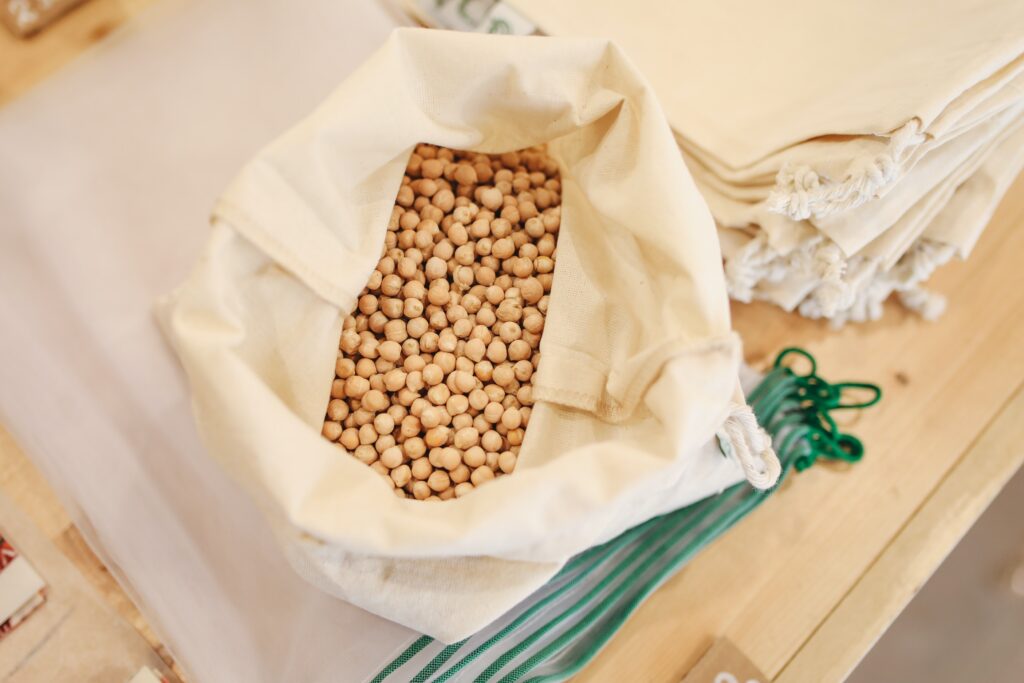
A lack of zinc has been linked to hair loss. This is down to its role in creating protein in your hair. Your body can’t make zinc by itself so supplements are a easy-peasy way to get your daily dosage.
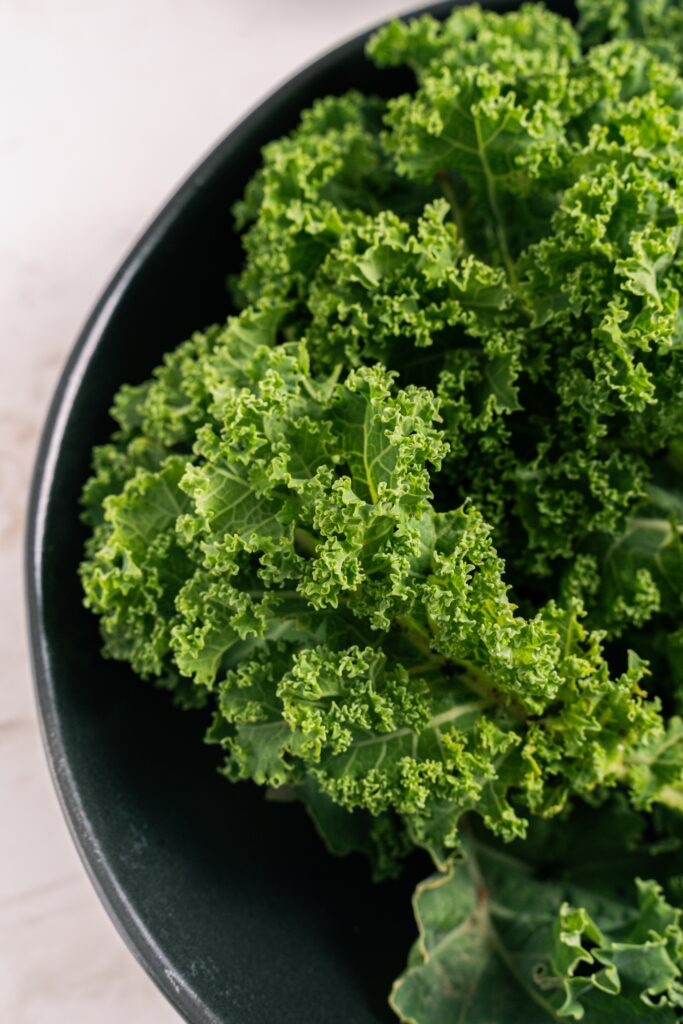
There are many different reasons as to why your hair isn’t growing. It can be brought on by stress, genetics, or diet. Vitamins are not a quick fix or the only answer to your hair struggles. However, taking vitamins for hair growth is another way you can feed your scalp and strands the nutrients it needs to succeed.
Let’s face it, it would be nice to eat health beneficial foods like kale and swordfish everyday but some of us don’t have the bank balance for all that. Some of us need to make our monthly budget STRETCHHH – and this is how. Vitamins are a cheap and effect way to aid your hair growth without much thought. And can we be real for a sec.. isn’t the goal in life to work smarter not work harder?
Taking vitamins alongside: a healthy balanced diet, drinking water, and daily hair care routine will give your hair the best chance at flourishing.
Use our ‘Lazy Girl’s Guide for Staying Natural 2022‘ for an easy to follow low maintenance monthly regimen.
